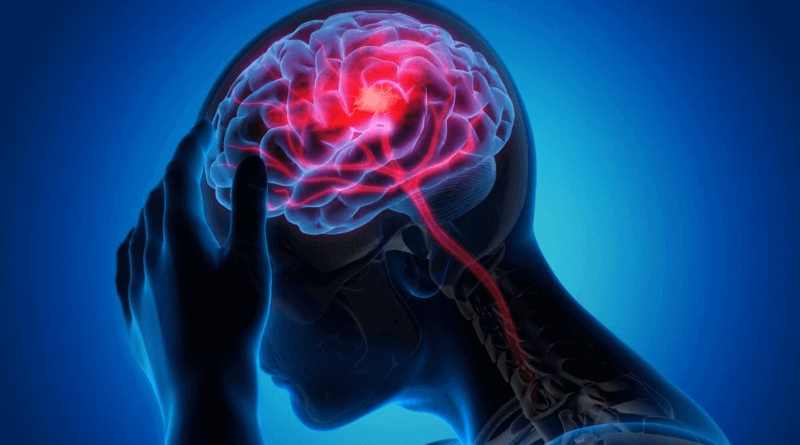Neurological disorders

- Reporter 21
- 23 Oct, 2021
Neurological disorders are a broad category of medical conditions that affect the nervous system, including the brain, spinal cord, peripheral nerves, and muscles. These disorders can lead to a wide range of symptoms and impairments, and they may be caused by various factors, including genetics, infections, autoimmune responses, trauma, or degenerative processes. Here are some common neurological disorders:
Alzheimer's Disease: Alzheimer's disease is a progressive neurodegenerative disorder characterized by memory loss, cognitive decline, and changes in behavior. It is the most common cause of dementia among older adults.
Parkinson's Disease: Parkinson's disease is a neurodegenerative disorder that affects movement. It leads to symptoms such as tremors, stiffness, bradykinesia (slowness of movement), and postural instability.
Multiple Sclerosis (MS): Multiple sclerosis is an autoimmune disorder in which the immune system mistakenly attacks the protective covering of nerve fibers (myelin) in the central nervous system. This results in a range of symptoms, including fatigue, weakness, numbness, and problems with coordination.
Epilepsy: Epilepsy is a neurological disorder characterized by recurrent seizures. Seizures can vary in type and severity and are caused by abnormal electrical activity in the brain.
Stroke: A stroke occurs when there is a disruption in the blood supply to the brain, leading to brain damage. Ischemic strokes result from blocked blood vessels, while hemorrhagic strokes involve bleeding in the brain. Strokes can cause a wide range of neurological deficits, including paralysis, speech difficulties, and cognitive impairments.
Migraines: Migraines are severe and recurrent headaches that often come with additional symptoms such as nausea, vomiting, and sensitivity to light and sound. They are thought to have a neurological basis.
Amyotrophic Lateral Sclerosis (ALS): ALS, also known as Lou Gehrig's disease, is a progressive neurodegenerative disorder that affects nerve cells in the brain and spinal cord. It leads to muscle weakness, atrophy, and ultimately paralysis.
Huntington's Disease: Huntington's disease is an inherited genetic disorder that causes progressive motor dysfunction, cognitive decline, and psychiatric symptoms.
Peripheral Neuropathy: Peripheral neuropathy is a group of disorders that affect the peripheral nerves, leading to symptoms such as tingling, numbness, pain, and muscle weakness. It can be caused by various factors, including diabetes, infections, and autoimmune diseases.
Traumatic Brain Injury (TBI): TBIs result from head trauma and can cause a wide range of neurological symptoms, from mild concussions to severe brain injuries. Symptoms may include cognitive impairment, memory problems, and changes in mood and behavior.
Neuromuscular Disorders: These include conditions like muscular dystrophy, myasthenia gravis, and Charcot-Marie-Tooth disease, which affect the muscles and the nerves controlling them.
Neurodevelopmental Disorders: Conditions like autism spectrum disorder and attention-deficit/hyperactivity disorder (ADHD) involve atypical brain development and function, leading to behavioral and cognitive challenges.
These are just a few examples of neurological disorders, and there are many more conditions that affect the nervous system. It's important to seek medical evaluation and treatment when experiencing neurological symptoms, as early diagnosis and intervention can significantly improve outcomes for many of these disorders. Neurologists are specialists who diagnose and manage neurological conditions.
Leave a Reply
Your email address will not be published. Required fields are marked *
sjYqNdnXZxjvQEtIAsgJRg
RSrqnnJquEhiquFQUhFy












